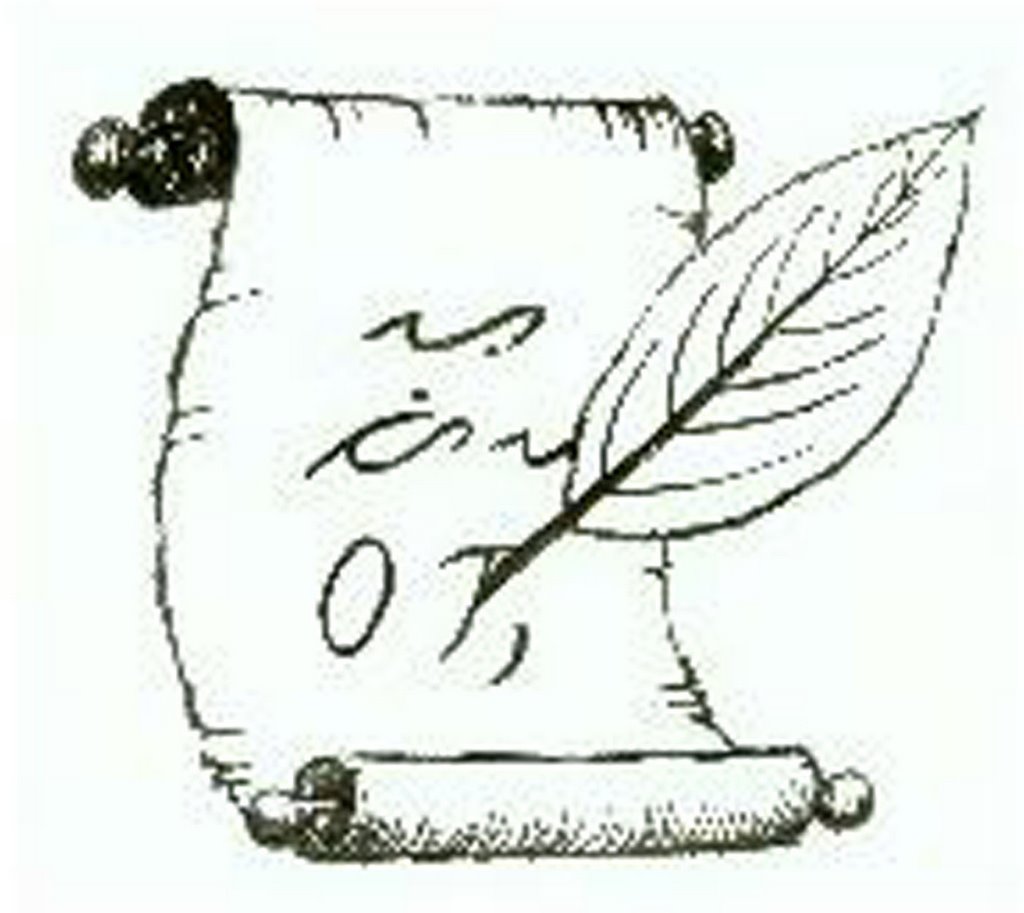Biosand Filter answers the need for safe water
A Single Drop reaches Palawan
By Eliseo H. Valendez
WATER IS not just the source of life. For Filipino-American Gemma Bulos, founder of ‘A Single Drop’ (ASD), a US-based non-government organization, water is a powerful force that can unite people around the world.
Bulos characterized water as an equalizer for life, owing from the fact that all living things, of any kind and status in life, need water in order to live. Thus, “with equality, there will be unity, with unity there is peace,” Bulos explained.
Her organization has reached many parts of the world through songs that touch on the theme of unity and sharing of ideas for safe and clean water. In Palawan, ASD found adherents through the “Project Implementers Workshop for the Biosand Filter.”
Held last June 20-23 and June 26-29 in Puerto Princesa City, the Palawan NGO Network, Inc. (PNNI) hosted the workshops, which was co-sponsored by the Women’s Global Green Action Network (WGGAN). The Center for Affordable Water and Sanitation Technology (CAWST) provided the trainers.
The first workshop drew 18 participants from different towns in Palawan, while 27 participants joined the second set that was intended for NGO members from different provinces across the country.
The WGGAN sponsored the attendance of 10 women who are expected to re-echo the training workshop in their own localities.
The ASD promotes the use of Biosand water filter, which uses cheap materials such as gravel and sand to produce safe drinking water, making it more accessible to the poor. It works like traditional slow sand filters that are used in most commercial water purifying systems.
“It is simply a concrete container, with layers of sand and gravel inside it. The sand and gravel remove dirt, bacteria, viruses and parasites and other impurities from the water,” according to a brochure about the filter.
“The Biosand filter removes more than 90 per cent of fecal coliform, 100 pe rcent of protozoa and helmints, 50 to 90 per cent of organic and inorganic toxicants, and up to 67 per cent of iron and manganese,” it added. The device also removes most suspended sediment in the water.
The filter, which can “produce up to 60 liters of filtered water per hour,” could be used for many years, according to Bulos. It is “affordable, simple and sustainable,” she added.
The ASD has gained support from the Department of Health (DOH), Bulos said.
With the technology having passed through several scientific tests, Bulos is looking forward to the support of local government units, which she believes would help communities to easily accept the project.
The use of the filter could also help create a micro-business in local communities since it is easy to build, as proven by the participants in the workshop.
However, Bulos assured commercial water purifying businesses that it would pose no threat to them.
“We don’t believe that there will be a conflict with businessmen,” Bulos stressed. She added that the market for the technology she is promoting is the poor, or “those who wouldn’t buy bottled water.”
By introducing the project to poor communities, Bulos sees an opening of opportunities for those who do not have access to safe water. Promoting this technology also gives health workers an opportunity to “go and speak up to the household level to tackle about hygiene,” she said.
The ASD continues to forge partnerships with different organizations around the world, and Bulos is hoping to establish a partnership with the World Health Organization.
But she feels blessed with the partnership she has forged with Philippine NGOs, as her roots are in the Philippines.
Pampanga is her parents’ hometown, and doing something for the country means something to her, the teary-eyed Bulos said.
As A Single Drop continues to create waves that would reach different communities across the world, poor areas that still have no access to clean water can now hope for a better quality of life.


0 Comments:
Post a Comment
<< Home